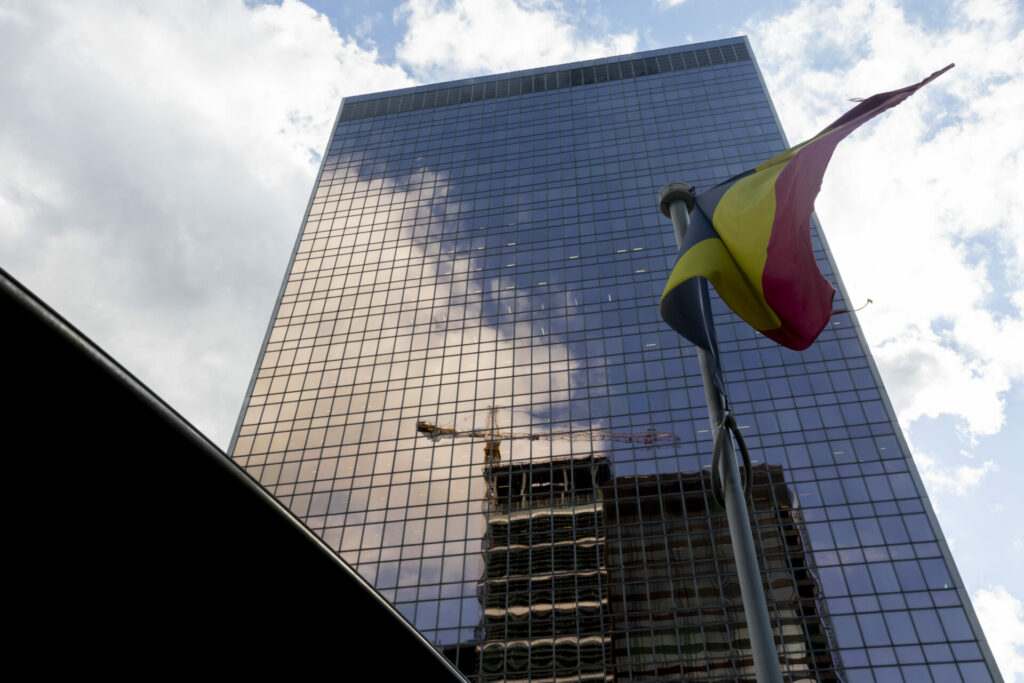Public sector wages and social security benefits in Belgium are set to rise by 2% over the next two months, providing welcome relief to citizens still reeling from multiple crises over the past few years.
In a report published on Monday, Belgium's statistics office Statbel noted that the country's "smoothed health index" – which is used to calculate wage indexations for public sector workers as well as social security and pension increases – rose from 125.35 in September to 125.65 this month: above the threshold required to trigger automatic salary and benefit hikes.
"The 'central index' [threshold] for public service and social benefits, set at 125.60 points, has been exceeded," Statbel reported. "This means that social security benefits and pensions will rise by 2% in November. Wages in the public sector will rise by 2% in December."
The increase in Belgium's smoothed health index comes in spite of the fact that the consumer price index – otherwise known as the headline rate of inflation – fell to 0.36% in October, down from 2.39% in September.
Belgium's health index is largely based on the consumer price index but excludes alcoholic beverages, tobacco products, and certain kinds of fuel. The smoothed health index is the average health index value over the previous four months.
Related News
- Wages expected to increase once again in 2024
- High energy prices pose 'real risk' to Belgium's industry, study finds
Belgium's current system of government-mandated wage indexations was introduced in response to rampant inflation in the aftermath of the First World War. It is the only eurozone country other than Luxembourg in which both public and private wages are automatically indexed to inflation.
Ironically, earlier this year the Organisation for Economic Co-operation and Development (OECD) reported that Belgium's system wage indexations poses one of the "main risks" to the country's economic outlook by potentially inducing "more persistent inflation".

